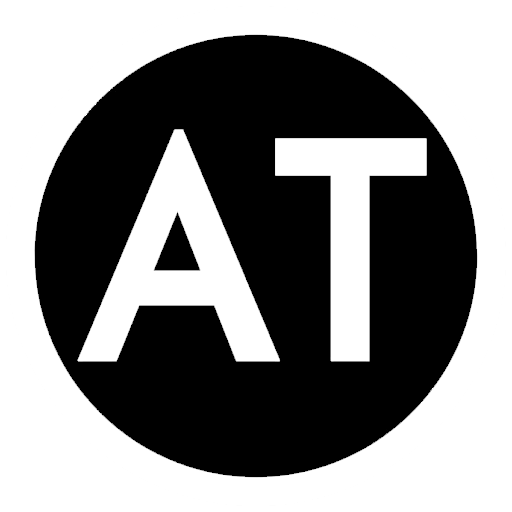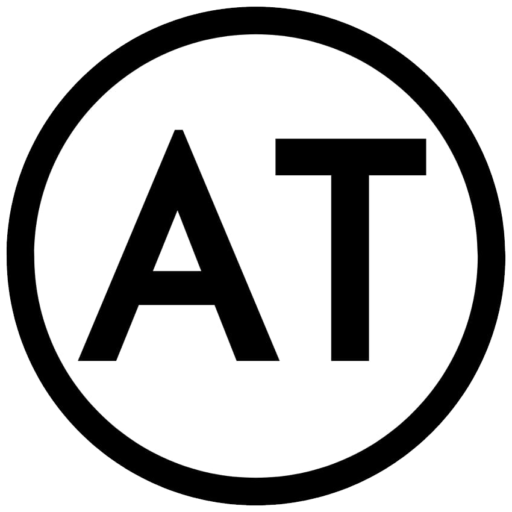Assessing the perfect affiliate agency for your brand can be challenging. This is because the market is saturated and every agency will claim to be the best fit for you. To ensure that you get the right fit, there are critical questions that you must ask any agency you consider partnering with. In this article, we’ll highlight seven essential questions you should ask any potential affiliate agency before choosing to work with them.
Question 1: What’s your billing structure?
It’s crucial to determine how an affiliate agency bills its clients. Nearly all the agencies work on incentive models, but partners who only bill based on revenue shares should stand out as a red flag. Revenue share may sound promising on the outside; brands only pay for what they’re sure of getting. However, agencies that focus only on their revenue share may push for numbers regardless of whether their tactics are good for the brand.
Suppose brands that sell high-end clothing should think twice before giving an affiliate agency free rein to deal with a range of coupon sites, then there exists a fundamental problem. You’ll get a boost of revenue at the beginning, but in the long run, the branding and positioning strategy could falter.
On the other hand, agencies that work on incentives model as part of a more comprehensive partnership will inevitably care more about the brand’s best interests and align their partnership outreach to reflect that. Brands who put a higher emphasis on branding should look for agencies that work according to more comprehensive performance incentives that protect the brand and helps identify agencies that can drive success over an extended period.
Question 2: How long is your minimum contract length?
The duration of potential partner contracts is essential to the success of any affiliate account. Many mature affiliate programs require the level of planning and partner development that only long-term affiliate arrangements can provide. Additionally, long-term affiliate deals must be adequately budgeted according to sufficient data and enough time, about a month won’t provide enough insight to determine an agency’s performance.
If you’re getting started on the road to affiliate programs, it would help measure its potential subordinating to what success should immediately look like. An agency that has a short-term contract will work with coupon sites to gain tremendous revenue, but that’s inadequate to help brands build a robust upper-funnel awareness that positively influences the brand’s margin without any reliable upper-funnel benefits.
Question 3: How does affiliate work with your other channels?
Agencies that focus only on affiliate marketing will be less considerate of other channel roles in the purchase journey and therefore prone to over-crediting affiliate marketing. Conversely, multi-channel agencies are far more concurrent regarding other channels’ purchase journeys and generally approach more objectivity in how they measure their attributions.
It’s essential to go over testimonials and case studies that address critical attribution queries to ensure agencies play adequately with other channels. Before making any commitments, it’s worth checking an affiliate agency’s performance following trusted partnerships with search teams in establishing long-lasting collaboration.
Question 4: How do you measure the value you’re driving through affiliate?
No matter how many solutions the agencies offer, how they measure, and assess their affiliate programs remains significant to determining the supporting relationship with the agency’s search capabilities. The linear metrics like revenue offer inadequate nuance to help brands comprehend incremental solutions driven by affiliate programs.
It’s therefore worth looking out for more specific measurement values on areas such as new-to-file customers’ average touchpoints along with journeys to acquire consumers coming from affiliates. Additionally, forecasting on revenue potential remains dubious, primarily based on over-promising to close a deal without taking inventory, promotional calendars, investment in other marketing channels, and existing attribution models.
Question 5: What’s your affiliate partner stack?
For brands gravitating towards upper-funnel partnerships, agencies like Conde Nast, Hearst, and New York Times-level partnerships are of great value but hard to come by. It’s essential to investigate how agencies optimize one’s partnerships. For instance, ask about management structure and get a sample pitch. Afterward, follow up on emerging partner categories in the coming years. Agencies that cannot offer any opportunities beyond coupon and loyalty partners and the famous publishers may lack agility to capitalize on other emerging affiliate niches.
Question 6: What’s your setup for working with publishers?
The ideal scenario that will build stronger and more valuable publisher relationships is having a dedicated partner team. This is because publishers have specific setups that aren’t the best fit for account managers. In the absence of a dedicated partner team, publishers have different touchpoints for countless brands across the same portfolio.
With that said, publishers should prefer a single point of contact with a long-term, strategic background capable of getting into richer territory concerning beta testing and managing performance relationships. Therefore, it’s essential to determine an agency’s setup for working with publishers. Going further, it’s worth asking publishers what agency setups provide the most mutually beneficial relationships.
Question 7: What part of the buying journey do you specialize in optimizing?
Most affiliate agencies will claim to work effectively on every phase of the purchase journey. Therefore, the crucial aspect is to ask follow-up questions regarding how the agency assesses the value of every stage. An excellent agency must not only understand each stage but also have their perspective on what stage requires the most importance. A healthy conversation on what brands value most and their metrics for measuring it should always be considered.
Conclusion
In conclusion, the seven questions discussed above should help any brand identify a realistic and feasible affiliate agency. Remember, the market is saturated with a few extra questions and references, and third-party validation is crucial to identifying a consideration set of agencies aligned with one’s interests. We want to thank the thought leader Kristina Nolan as the source for this content and such awesome teachings on the subject. Here’s the link to his post https://searchengineland.com/7-questions-brands-must-ask-when-assessing-affiliate-agencies-428210. We hope that this article helps your business excel!



